
Help! My Child is Struggling with Behavior Issues!
Behavior issues in the classroom can be so difficult to deal with. Sometimes children act out, disrupt class, fight, act tough, refuse to cooperate in class, refuse to do their work, and more. At times, it seems that children do things that, from our point of view, makes life harder for them!
What is Behind Many of These Behaviors
Believe it or not, most children don’t misbehave because they are “bad” kids. Most often, there are underlying emotions that they just don’t have the tools to cope with. Here are some feelings underlying bad behavior at school:
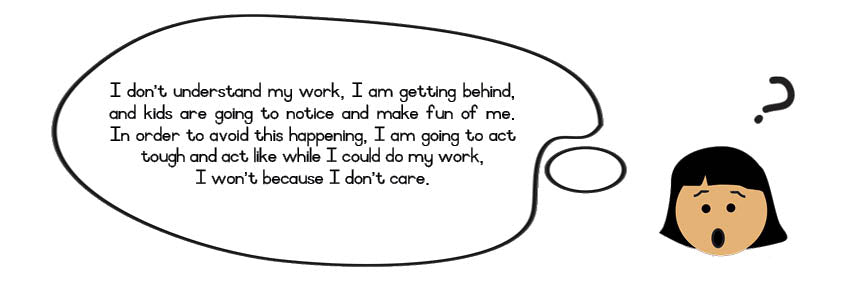
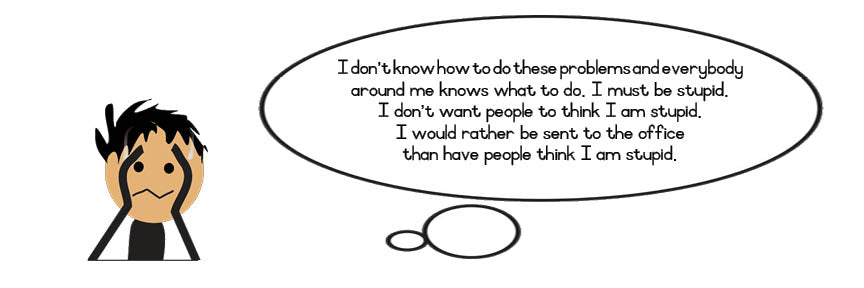
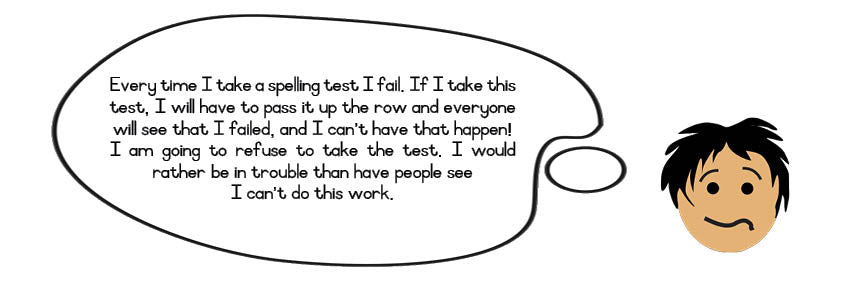
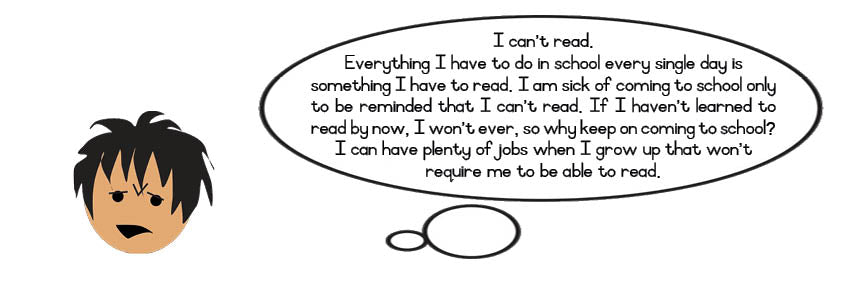
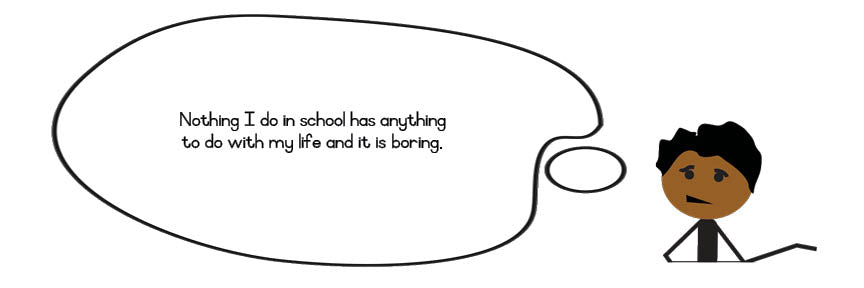
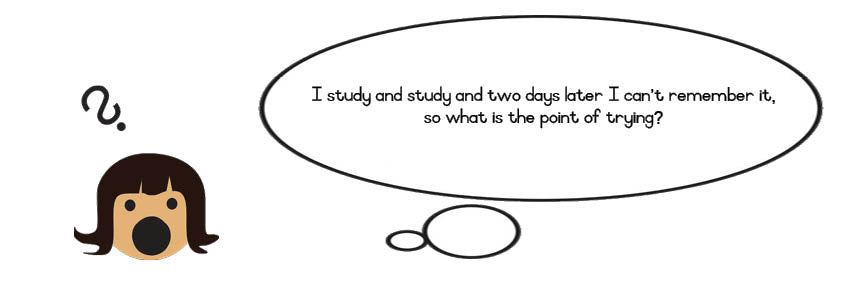
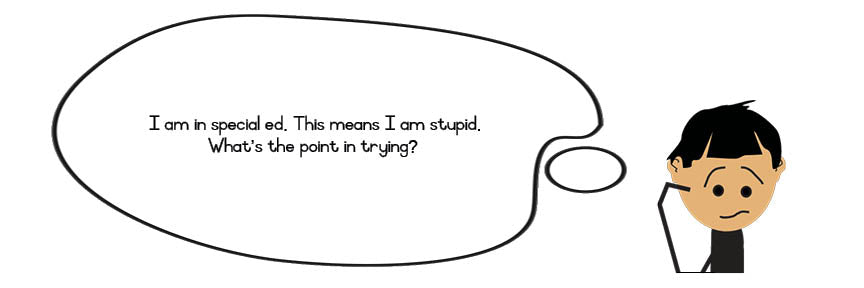
The list could go on and on; a different reason for every child who is misbehaving. In general, however, misbehavior signals a sense of failure, fear of being exposed, discouragement, a need to avoid ridicule, and underlying pain the child is trying to cover up.
None of us as adults would choose to continue to participate in an activity that left us feeling incapable, ashamed, and lacking in intelligence. We would stop and go do something else. Children don’t have the luxury of choice when it comes to school, and sadly, when they fail in school, they believe they are the problem; they are the broken ones.
What Can I Do to Help?
It takes dedication and caring to crack the nut that is the child with behavior issues. The knee-jerk reaction most of the time is to deal with the behavior at face value. If a child is disruptive, we punish that behavior. If a child punches a kid on the playground, we punish that behavior. If a child refuses to do their work in the classroom, we punish that behavior by holding them in from recess. Does this ultimately help? No, it rarely does.
Here are some ideas that might be worth trying before simply punishing the bad behavior:
1. Allow time. Draw the child aside, but don’t deal with the specific behavior first.
2. Mine for gold. Get to know the child even if it takes time. Under the behaviors is a child who wants to do well.
3. Discover their talents. Rather than focusing on what they are failing at, showcase their talents. Engage them in helping another student in an area in which they excel.
4. Research them. Figure out what is hard for them. Usually, a child can do far better than we think once roadblocks to learning are smoothed away. Once they know you are on their side, get them to help you understand what they find to be hard at school.

5. Support them. Once you have figured out what is hardest for them, find the resources and aids that will provide the most help. Often children who struggle are kinesthetic learners (approximately 85% of children in special ed classes are kinesthetic learners). They don’t learn the same way as their left-brained, sequential classmates.
6. Ensure success. Once you feel you understand the child better, what are they good at, what is hard for them, and have identified materials and resources that will help the most, start small and ensure that the first tasks are ones at which they will succeed. For example, if reading is the issue, rather than tackling phonics rules, try using sight words in pictures (SnapWords®) because they tend to produce success very quickly. When the child sees, they are able to quickly master some reading tasks. This success will fuel and supply energy for tackling the next topics.

What to Do When the Child Has Given Up
If you have a child that is at this point – having just shut down – forget schoolwork for a minute. You have to do whatever it takes to find the child’s deeply buried passion. It will take some doing to get the child to remember they had a passion at one time – a dream of what their life would contain – but it is in there somewhere. They may not want to recall it because they have already given up on it.
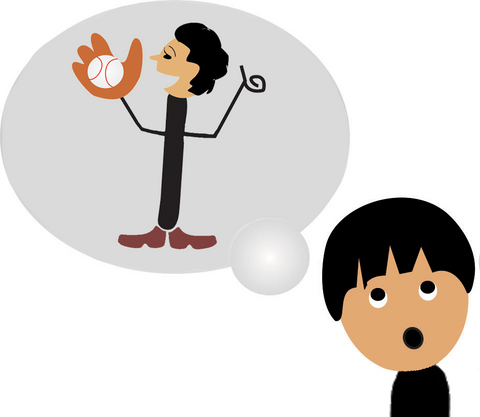
If you persist, if you continue to gently pry, you may be lucky enough to hit pay dirt. Once you find out what their dream future would be, lay plans to make sure the child starts on that path.
Sometimes it will mean going back and regaining some basic skills. Take heart, no matter how badly or for how long the child has been failing, progress can be very rapid once they have some hope. Once they have someone caring for them where they are, and once they have resources that make sense to them and make it possible for them to learn how they learn!
Conclusion
Consider the child's situation:
- Do you believe the child has an adult at school who is eager to support them?
- Does your child’s teacher know their passions or gifts? Does your child have an opportunity to showcase what they do well?
- Do you suspect they could do better with some different resources and with attention paid to where they are with basic skills?
- Do you feel you could benefit from discussing your child’s learning needs with us? If so, please contact us.
